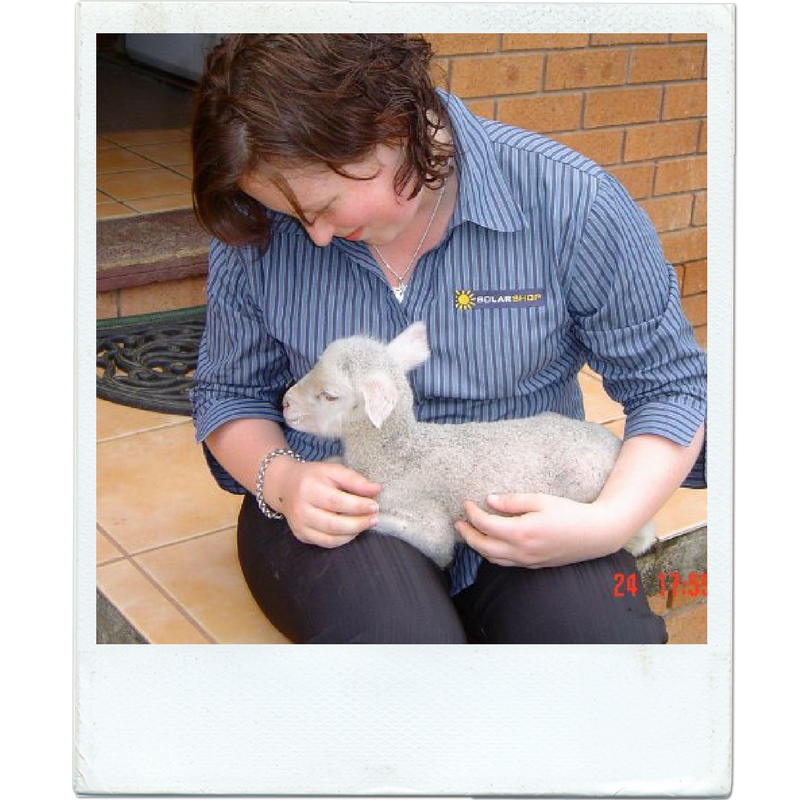I’ll bet I’m not the only one asking this.
Integrating sustainability and eco-friendliness into a home-based business might seem like a challenge.
I mean, other than turning the computer off at night, what can we do?
More than we think.
If you’re home and working, using power through the day, solar energy might be a good fit. These days, the feed-in tariffs kinda suck, so in a lot of cases, you’re better off using the power your panels produce rather than letting it go back to the grid. Working from home, you’re in a great position to do this.
While the sun’s up and your panels are pumping, take 5 minutes to turn on anything that might otherwise cost you kWh’s. Outside of work hours, set up things like your dishwasher or washing machine ready to just hit a button, so you’re not eating into your work time by more than a couple of minutes.
Chances are, you’ll be using electricity through the day for heating or cooling when you’re working from home, which can cause your power bills to skyrocket.
We’ve taken it another step as we have an electric vehicle, and by paying attention to the times we charge and our solar production, we’re saving heaps. Side note – if you’ve got an EV, we’re on a pretty cool electricity plan that gives us free power at certain times of day, so we make full use of that as well.
Little fact about me
Years ago, I worked for a solar energy company, Solar Shop Australia, so I know a thing or two about solar panels. They’ve come a long way since then, and I’m still a fan of renewables and look forward to seeing the industry continue to grow.
This was the only picture I could find from those days, wearing my Solar Shop shirt and cuddling a baby lamb that we affectionately named “Pork”.

This was a HUGE realisation and learning curve for me.
Your website is stored (hosted) on a great big computer somewhere (servers).
The datacentres use bucketloads of electricity, not just to power those great big computers, but also to keep them cool so they don’t, you know, spontaneously combust.
The average website can produce 211kg of CO2 each year!
According to the EPA that equates to more than 26,000 smartphones being charged.Source: https://truegreen.au/what-is-web-hosting-and-the-dirty-web/
I had no idea!
It wasn’t something I’d ever considered. As someone with multiple websites, and overflowing inboxes taking up a bunch of storage, my impact here was probably more than I could imagine. And much more than can be negated by switching off an LED monitor each night.
Earlier this year, I made the switch to True Green Hosting.
Their eco friendly web hosting is designed to take care of our planet and your business at the same time. Win-win!
Of course, I did my research before making the switch, after all, our websites are pretty darn important.
Not to mention a really lovely team and a great small business founder story to boot.

In 2023, the average website hosted by True Green® contributed to 332kg of CO2, equivalent to offsetting the charging of 45,000 smartphones.
There’s SO much you can do!
From sourcing your products or materials in an ethical and sustainable way, to choosing your packaging wisely, you can make a difference every day.
There’s this ah-mazing jewellery business – Bidiliia. The founder and designer, Anu, puts a HUGE effort into making sure that the jewellery she designs and sells is not only made from sustainable materials, such as Swarovski crystals, but also that her business practices are ethical. She pays her artisans well, chooses minimal eco-friendly packaging and is always looking to choose better. As an e-comm business, it’s definitely one to look up to in this space.
Not only that, but HOW PRETTY are the earrings and rings?? >>
